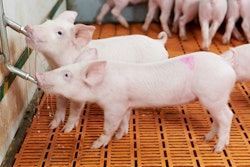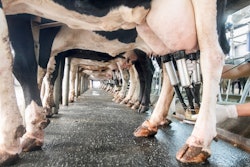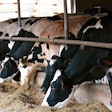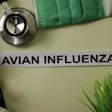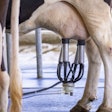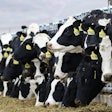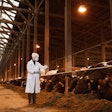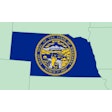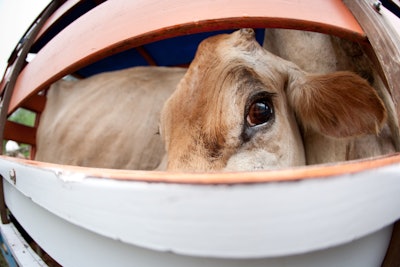
The World Organisation for Animal Health (WOAH) says restrictions on the movement of healthy cattle and their products are not generally recommended in light of the recent cases of H5N1 in dairy cattle in several U.S. states.
WOAH said that, based on information available, movement restrictions are not recommended unless justified by an import risk analysis conducted according to the WOAH Terrestrial Animal Health Code Chapter 2.1.
This comes after at least two states – Nebraska and Tennessee – issued movement restrictions on April 2.
The Nebraska Department of Agriculture issued an importation order requiring all breeding female dairy cattle entering Nebraska to obtain a permit issued by the department prior to entry. The new importation order will be in place for 30 days – until April 30 – and will be re-evaluated at that time.
Tennessee’s state veterinarian ordered a movement restriction on dairy cattle coming into the state from the affected premises.
There have been no reported detections of H5N1 in dairy cattle or other livestock in Nebraska or Tennessee.
Initial investigations so far have revealed no specific adaptation of the virus to either humans or mammals. Regardless, several studies are being carried out to further explore the virulence and transmissibility of these viruses, including among cattle, and to assess the risk of transmission to animals and humans, which is considered very low. In collaboration with its Reference Centres, OFFLU networks of experts and members, WOAH said it is closely monitoring the situation to assess the risks to animals and humans. Timely and transparent reporting is crucial to maintain a good understanding of the disease situation and prevent any type of misinformation or disinformation.
Things producers should do
WOAH reminded its members of measures they should take to prevent further spread of H5N1:
- Maintain enhanced avian influenza surveillance in domestic and wild birds.
- Monitor and investigate the cases in non-avian species, including cattle and other livestock populations showing clinical signs compatible with avian influenza.
- Report cases of HPAI in all species, including unusual hosts, to WOAH through its World Animal Health Information System (WAHIS). Genetic sequences of avian influenza viruses should be shared in publicly available databases.
- Prevent the introduction and spread of the disease by implementing strict biosecurity measures in livestock holdings and employing good production practices when handling animal products such as raw milk and meat from suspected or confirmed cases.
- Protect humans in close contact with or handling sick cattle or other sick livestock and their products. Exposed humans should always take precautionary measures, including wearing personal protective equipment and implementing standard food safety measures when handling animal products from exposed livestock.
- Avoid implementing unjustified trade restrictions. Import risk management measures should be scientifically justified and in line with the WOAH International Standards.


